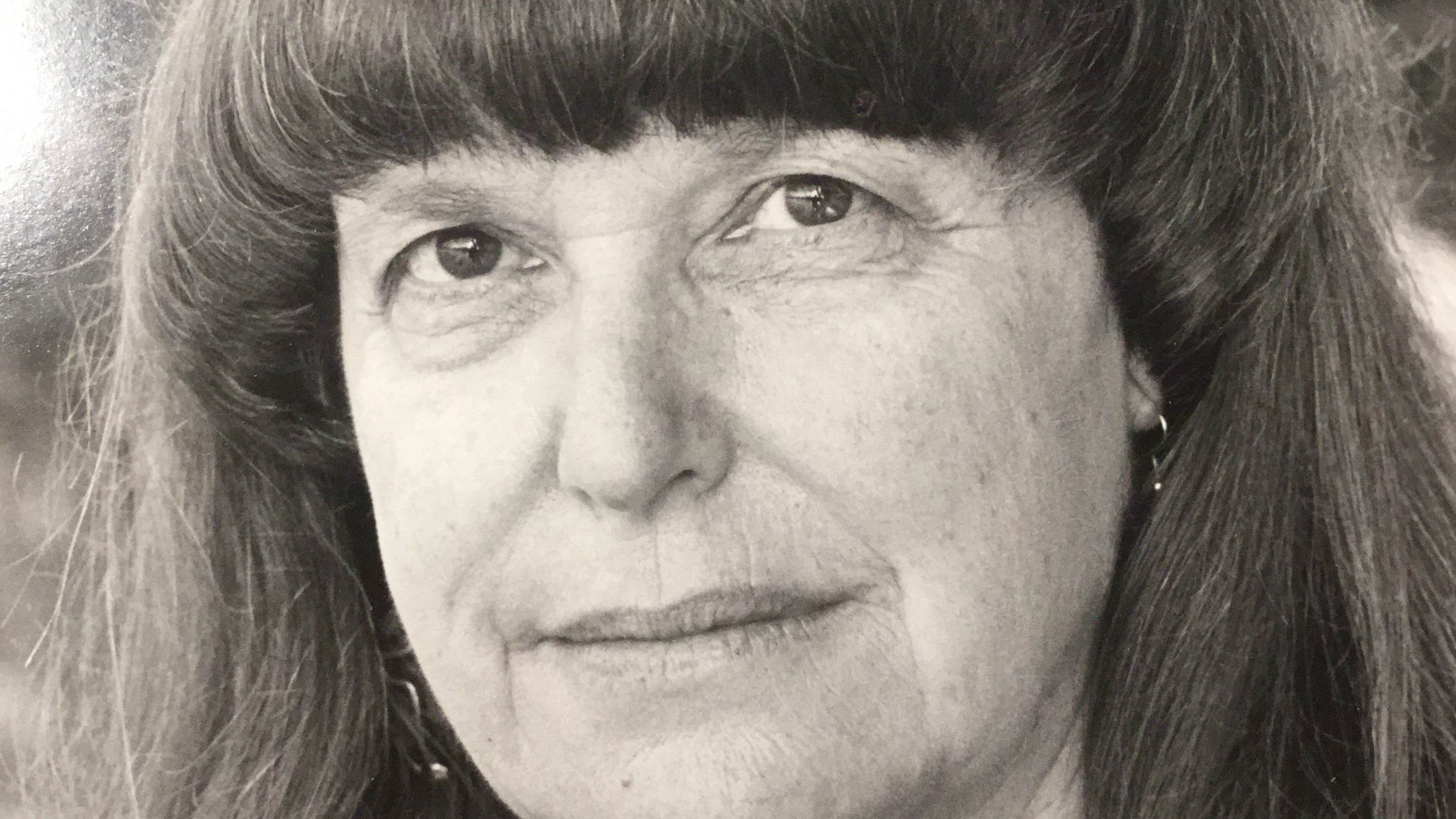Elinor Langer knows about the murder of Mulugeta Seraw as well as anyone. She lived with it for over a decade.
In her 2003 book, A Hundred Little Hitlers, the Portland journalist wrote a fantastically detailed account of the crime and the history of neo-Nazism in the United States.
For Langer, 79, the Seraw killing wasn't an incident isolated to the tree-lined block of Southeast 31st Avenue. It was the byproduct of a movement stewing just beneath the surface of American culture for decades.
Interestingly, Langer is not a fan of the civil trial that followed the murder conviction, during which California-based White Aryan Resistance founder Tom Metzger was found liable in Seraw's death because of his racist rhetoric and organizing, which clearly influenced the actual murderers of Seraw. The trial, she says, wasn't justice.
"The Metzger trial was an outrage, just on a civil liberties level," says Langer. "The lawyers didn't care, the judges didn't care. Everyone who I talked to basically had the view that, he's a bad guy, he had to be gotten rid of. It didn't matter how. That's scary to me."
In Langer's view, the prosecution of Tom Metzger gave Oregonians a false comfort about Seraw's killing. WW spoke to her this month about what still haunts her about Seraw's murder.

WW: What do people misunderstand about the murder and the subsequent trial of Tom Metzger?
Elinor Langer: That it really was a local racist movement. That's the heart of my case. It was so convenient for Portland—for the establishment of Portland, and anyone else who wanted Portland to look good—[to have a trial to suggest that the blame go to] an outside agitator. The Southern Poverty Law Center [the civil rights group that brought the suit against Metzger] is very powerful and very effective, and they made their case that Metzger was responsible. But Metzger didn't matter. It's true [the killers] had some of his propaganda, but they had a lot of other people's propaganda, too. That's what I wish people would see now. Getting rid of Metzger—what did it accomplish?
But I don't think the Metzger prosecution accomplished anything. It's too leader-focused and it didn't fit the facts.
What was the reaction to the murder in the city at the time?
It was really shocking to live in Portland—and for me, personally—to find out that [one of the killers, Kyle Brewster] was the homecoming king of Grant High School, or that I knew lots of people who knew Ken Mieske, or that Steve Strasser lived virtually around the corner.
Given Oregon's racist history, why was it so shocking for people?
It was a shock to white people. It was never a shock to black people.
But do you think it's a willful ignorance on the part of Portland?
I think most places are like that, actually, until tides turn. But Portland was very much like that. I remember [former Oregon Gov.] Barbara Roberts, at a big rally in Pioneer Square, stood up and said, "Racism is un-Oregonian." That's just not true. "This isn't who we are"—I can't stand that phrase anymore.
The closest modern equivalent would seem to be the MAX train stabbings. Do you believe the same forces that led Jeremy Christian to kill people are the same that murdered Mulugeta Seraw?
I wish I knew. I don't know what Christian's ideology is. But I went to the memorial at the [Hollywood] Transit Center, and it had a similar feeling.
In writing this book, you spend a lot of time delving into the backgrounds and lives of some reprehensible people. There's a sentiment today that there's nothing to gain from profiling these white supremacists, that you're just giving them a platform. How do you feel about that?
I hope that anyone with any journalistic instincts wouldn't feel that way. You learn a tremendous amount—the ways they're like you, the ways they're different from you. I know people feel that way. One of the major criticisms of my book is that I was too soft on Tom Metzger. But I reported what I saw. He was a fool for representing himself at his trial. But he's a human being. He does homework with his kids. He takes the garbage out. He's smug and pompous. Do I want him to be my friend? No. But do I think it's as much an American story as anyone else's? It's an American biography.
Do you see what's happening now in America as part of a cycle, or is it something unprecedented?
We always have to be wary of "unique" or "unprecedented" and words like that, but it sure feels that way. It's not so much the Nazi part but the softness toward all the things that go along with it. The government has to say it's not OK, otherwise the government is saying it is OK, and it becomes the government.
Does it seem to you like white supremacist ideals have been permanently mainstreamed into American society, or will they eventually go back underground?
I certainly don't have any more insight into that than you do or anyone else does. How will we know if it would go one way or another? All this election stuff, who's being excluded from ballots and whether the system is working, whether the Republican party has really been hijacked by the right and whether the left can get their act together adequately to oppose it—we really don't know. It's really up in the air.

The nonprofit WW Fund for Investigative Journalism provided support for this story.
Engedaw Berhanu Remembers His Nephew—Brought to Portland, Then Forever Lost
Here's What Happened the Night Mulugeta Seraw Was Murdered—and Afterward
WW's Reporting on How Hate Spread Across Portland In 1988
The Reporter Who Investigated Mulugeta Seraw's Murder Says the Hate Was Homegrown

